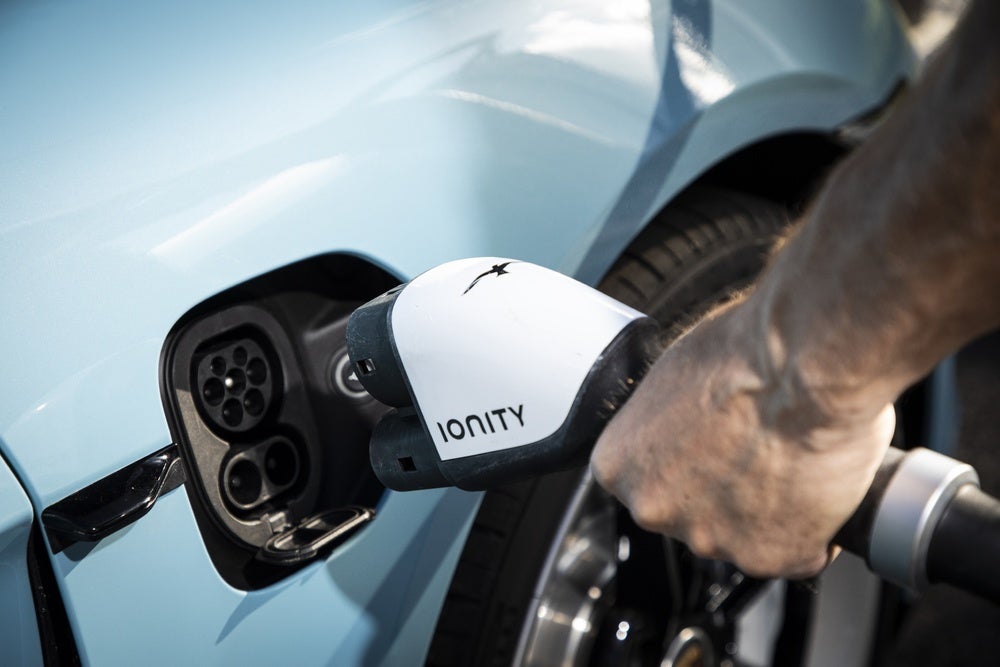
New data analysis from the European Automobile Manufacturers’ Association (ACEA) showed half of all charging points for electric cars in the European Union were concentrated in only two countries – the Netherlands (90,000 chargers) and Germany (60,000).
These two countries make up less than 10% of the entire EU surface area. The other half of all chargers were scattered throughout the remaining 25 countries, covering 90% of the region’s surface area.

Discover B2B Marketing That Performs
Combine business intelligence and editorial excellence to reach engaged professionals across 36 leading media platforms.
The gap between countries at the top and bottom of the rankings was massive. The Netherlands – the country with the most infrastructure – had almost 1,600 times more charging points than the country with the least infrastructure (Cyprus, with just 57 charging points). Indeed, the Dutch alone have as many chargers as 23 member states combined.
When it comes to the distribution of infrastructure, there is a clear split between central and eastern European countries and western European countries. For instance, a sizeable country like Romania – seven times larger than the Netherlands – only has 0.4% of all the EU’s charging points.
Although there has been a strong increase in the number of charging points in the EU over the past five years (+180%), the total number (307,000) falls far short of what is required.
To meet CO2 targets, sales of electric vehicles will need to pick up massively in all EU countries. A recent study shows that up to 6.8m public charging points would be required by 2030 to reach the proposed 55% CO2 reduction for cars – or over 22 times growth in less than 10 years.
The Alternative Fuels Infrastructure Regulation (AFIR) – proposed by the European Commission last year – is meant to help address the situation. However, its ambition level is completely insufficient, said ACEA.
“While some countries are powering ahead when it comes to infrastructure rollout, the majority are lagging behind,” said director general, Eric-Mark Huitema.
“The stark disparities demonstrate the need for strong AFIR targets that are harmonised across all EU member states.
“We urge policy makers to reinforce AFIR so that it can achieve the aim of building up a dense European network of charging stations, spanning from north to south and east to west.”






